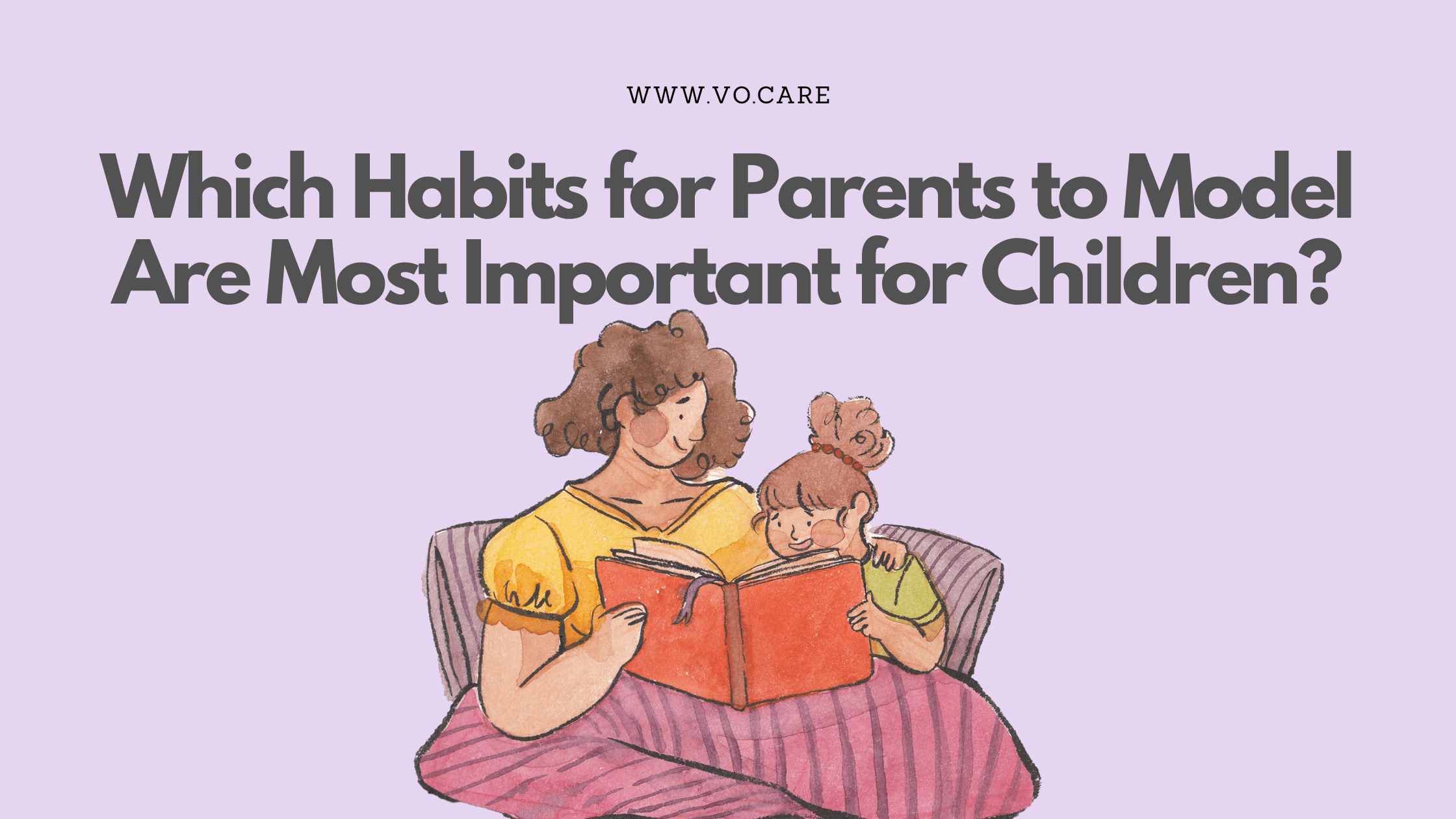
Habits don’t just shape individual lives—they ripple outward, influencing those around us. For parents, their model habits play a particularly pivotal role in shaping their children’s behaviors and values. Among the myriad of habits, parents could choose to model, which one is the most impactful? The answer lies in a universal skill: consistency.
Why Consistency Matters: A Habit Every Parent Should Model
As parents begin their journey of influencing their children, the foundation often lies in the habits they choose to prioritize. Among these, consistency emerges as a cornerstone for fostering stability and growth.
Consistency is the foundation of effective habit-building. When parents demonstrate consistent behavior, they provide stability and predictability for their children. For example, maintaining a regular bedtime routine not only promotes better sleep but also teaches children the value of structure and reliability. Research shows that children thrive in environments where routines are predictable, fostering a sense of security and discipline.
Learn More: Read more about the importance of routines in child development
A study published in the Journal of Child Development highlights that consistent routines improve children’s emotional and behavioral outcomes, contributing to a more secure upbringing. Access the study here. These are crucial habits for parents to model.
Show, Don’t Tell: The Power of Leading by Example
Building on the idea of consistency, parents can enhance their impact by modeling behaviors they wish to see in their children. Actions often speak louder than words, and children are quick to emulate what they observe.
Children are natural mimics, learning more from what parents do than what they say. Research by psychologist Albert Bandura on social learning theory highlights that children observe and imitate the behaviors of those around them, especially parents. Learn more about Albert Bandura’s social learning theory. A parent who consistently practices healthy eating habits, for instance, is more likely to raise a child who values nutrition. Similarly, parents who consistently show kindness or manage stress effectively model emotional resilience and empathy. This emphasizes the importance of prioritizing habits for parents to model in daily life.
Why Being Consistent Outshines Other Habits Parents Can Model
Continuing from the importance of leading by example, consistency becomes the glue that holds positive habits together. Without it, even well-intentioned efforts can lose their effectiveness.
While many habits are beneficial for parents to model, such as reading regularly or staying active, consistency underpins all of them. Without it, positive habits can feel sporadic or optional, reducing their long-term impact. A parent who inconsistently enforces rules or demonstrates values may inadvertently teach children that these behaviors are negotiable. For instance, a study in the Journal of Abnormal Child Psychology found that inconsistent discipline can lead to increased behavioral problems in children, as they struggle to understand boundaries and expectations. Read the full study on inconsistent discipline and its effects. Consistency is a core element in effective habits for parents to model.
Simple Ways to Be a Consistent Role Model for Your Kids
To ensure that the principles of consistency and leading by example resonate in daily life, parents can adopt practical strategies that make these habits sustainable and impactful.
-
Create and Stick to Routines – Establish daily patterns for meals, chores, and relaxation.
-
Set Achievable Goals – Show children the process of setting and achieving small, consistent goals.
-
Be Reliable – Follow through on promises and commitments, no matter how small.
-
Demonstrate Emotional Consistency – Manage emotions steadily, avoiding erratic outbursts.
How Consistent Habits Shape Your Child’s Future
The cumulative effect of consistent and intentional habits can transform a child’s outlook and capabilities. By combining structure and positive reinforcement, parents pave the way for their children’s long-term success.
When children grow up witnessing consistent behavior, they’re more likely to internalize discipline, reliability, and perseverance. These traits set them up for success in relationships, education, and future careers. Moreover, consistency helps children develop a growth mindset, as they learn that regular effort leads to improvement and achievement. This underscores why consistency is one of the most valuable habits for parents to model.
Conclusion
Among the many habits parents can model, consistency stands out as the most impactful. It forms the backbone of effective parenting, teaching children the importance of stability, reliability, and perseverance. By embodying consistency, parents not only nurture their children’s growth but also set them on a path toward lifelong success. What’s one consistent habit you’d like to model for your children today?


